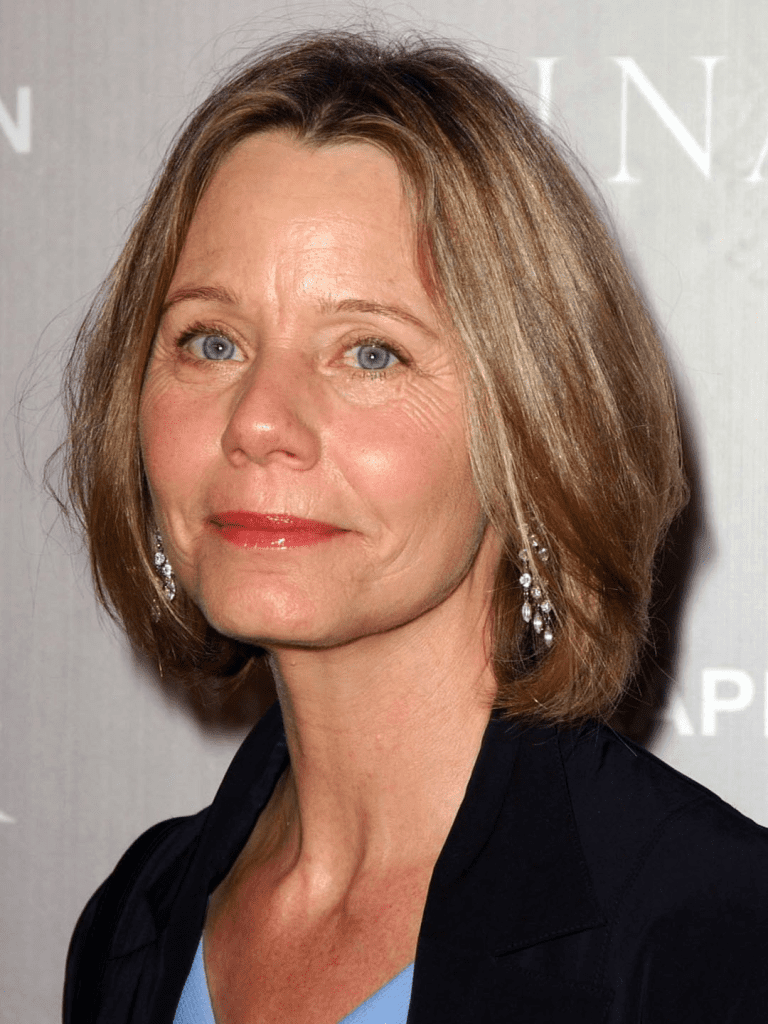She Lit Up the Screen—And Our Living Rooms
There’s a certain magic in nostalgia—the kind that shows up in the flicker of a vintage television glow or the opening chords of a familiar theme song. And when you think about the golden age of TV, Susan Dey shines like a beacon in that warm, dreamy haze of the past.
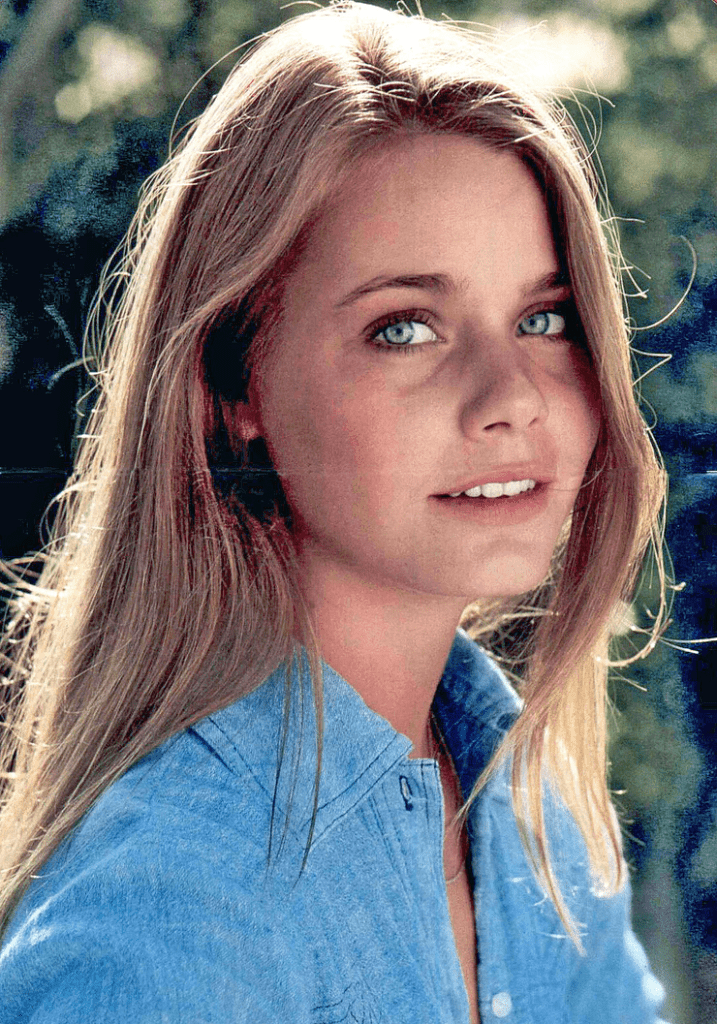
If you were lucky enough to grow up watching The Partridge Family, you probably remember Susan not just as Laurie Partridge, but as the poster girl of 1970s charm. Her blend of natural beauty, calm intelligence, and effortless cool made her a standout in a family full of music and mayhem.
But Susan Dey was more than just the “girl in the band.” She was an icon in her own right—quietly breaking molds, turning heads, and leaving behind a legacy that still makes us smile today.
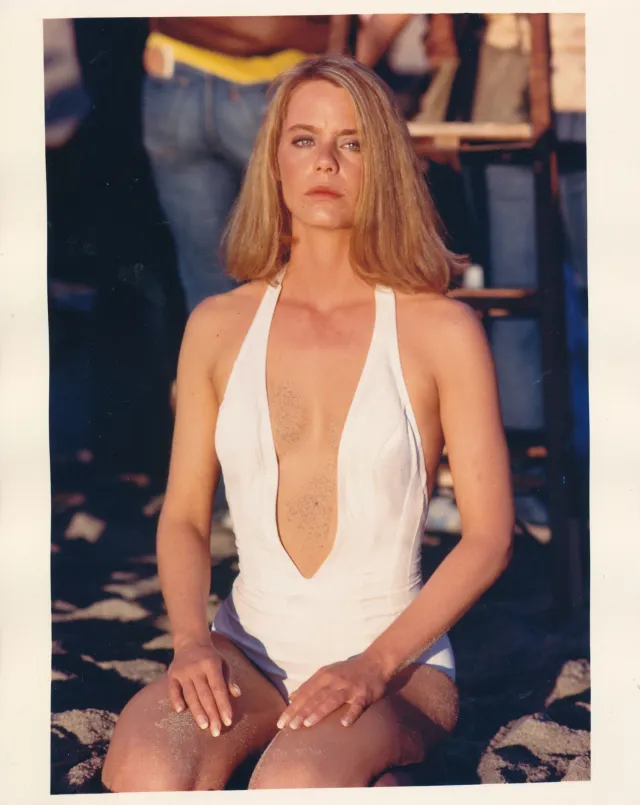
From Small-Town Teen to National Sweetheart
Susan wasn’t your typical Hollywood hopeful. Born in Illinois and raised in New York, she didn’t start out chasing fame. In fact, she fell into modeling first. Her big break came when she was just 17 years old and had zero acting experience. But that didn’t stop her from landing the role of Laurie Partridge—a role that would change everything.
From the very first episode, she had it. That look. That voice. That presence that felt both familiar and extraordinary. As Laurie, she played the smart, grounded sister to David Cassidy’s heartthrob lead, and she did it with a quiet strength that made her instantly beloved.
Video: Susan Dey ~They Can’t See 💟
Why Laurie Partridge Wasn’t Just Another TV Teen
Let’s be real—television in the ’70s didn’t always give young women layered characters. But Laurie? She was different. Susan played her as witty, thoughtful, and totally unafraid to speak her mind.
Laurie wasn’t about drama or damsel-in-distress moments. She was clever, self-assured, and refreshingly real. And Susan brought all that to the screen without trying too hard. That’s what made her special—she didn’t act like a star. She just was one.
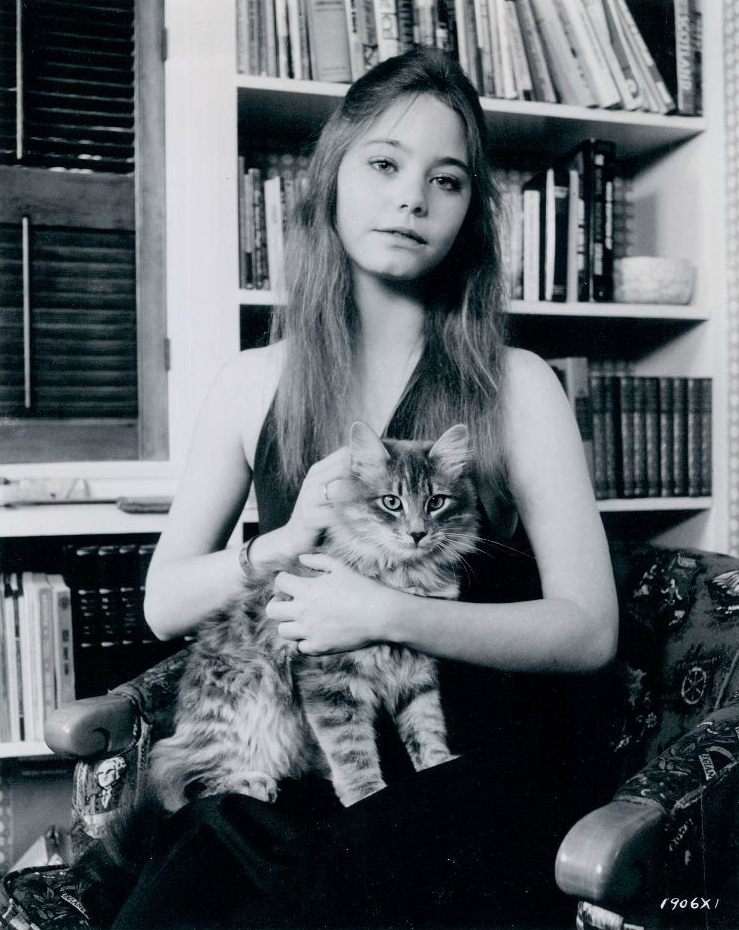
Leaving the Tour Bus Behind
When The Partridge Family ended in 1974, most expected Susan to fade quietly into TV history. But she didn’t. Instead, she pivoted—hard. She moved away from teen roles and into more complex, grown-up parts. She wanted to be taken seriously, and honestly, she earned it.
Her biggest transformation came when she took on the role of Grace Van Owen in L.A. Law in the mid-‘80s. This wasn’t the bubbly band girl anymore—this was a tough, confident attorney, walking into courtrooms and commanding attention. She even won a Golden Globe for it.
Think about that journey: from garage band keyboardist to one of primetime’s most respected characters. Not many pull off that kind of reinvention. Susan Dey did it with class and grit.
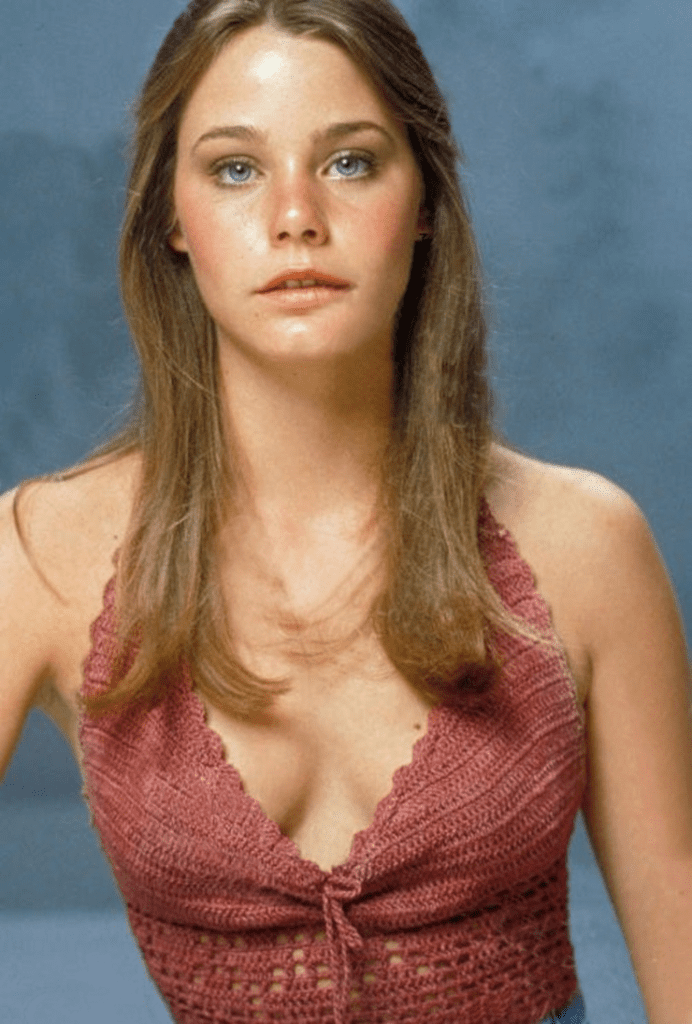
A Beauty That Was Never Just Skin Deep
Here’s the thing: Susan Dey wasn’t just admired because she was beautiful—though, let’s face it, her looks were unforgettable. That iconic feathered hair. Those thoughtful eyes. She looked like a dream, but she felt real.
What people really connected to was her energy. She always seemed a little wiser than her age, a little more self-possessed than Hollywood expected. And maybe that’s why she stood out. She didn’t fall into the trap of fame. She stayed grounded, even when the spotlight burned bright.
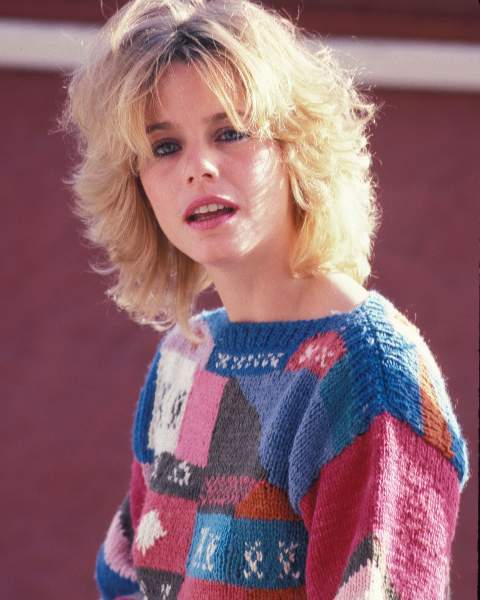
Fame on Her Terms
While some stars chase fame, Susan always seemed to keep it at arm’s length. She rarely gave interviews. She didn’t flaunt her private life. And eventually, she quietly stepped away from Hollywood altogether.
And yet—she never disappeared from our minds. That’s the paradox. The less she gave, the more we admired her. Because in a world where celebrity often equals overexposure, Susan Dey reminded us that mystery has power.
Video: Susan Dey s*xy rare photos and unknown trivia facts The Partridge Family Laurie Partridge
The Nostalgia Factor: Why We Still Remember Her
So what is it about Susan Dey that still brings back all the feels? Maybe it’s the innocence of the era she represents. Or the simplicity of a TV show where a family just sang together and made things right by the end of each episode.
But mostly, it’s her. That unique mix of elegance and approachability. She made millions feel like they knew her—even if she never let the world in too far.
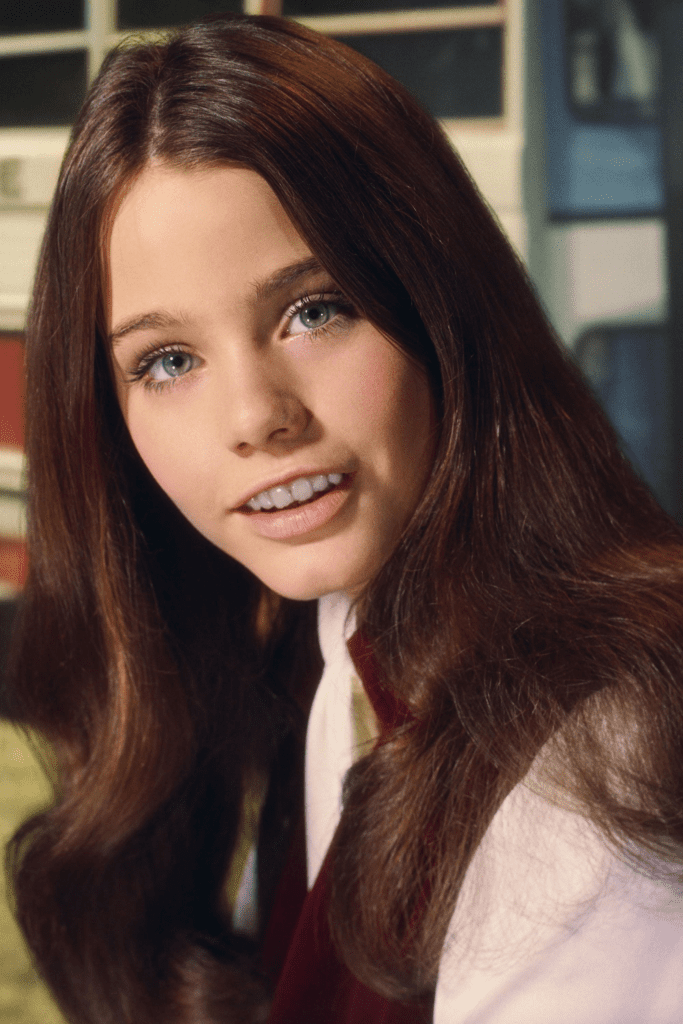
Just one image of her smiling in the sun, or strumming that guitar, and it all comes rushing back. The warmth. The music. The ease of a simpler time.
Conclusion: A Timeless Muse We’ll Never Forget
Susan Dey didn’t need scandals or stunts to stay relevant. She built a career on grace, talent, and quiet rebellion—refusing to be typecast, staying true to herself, and walking away when it felt right.
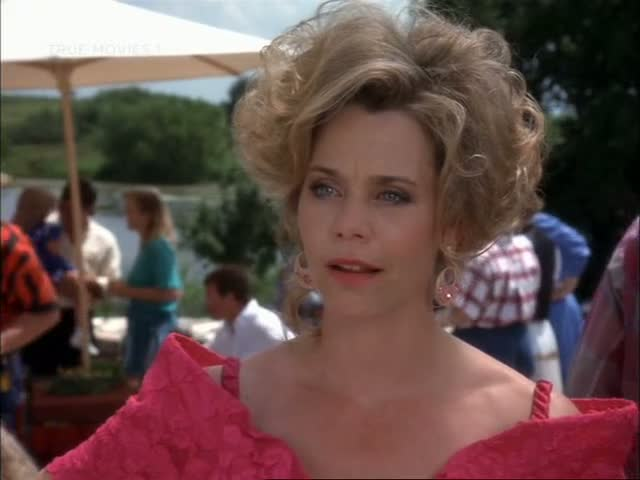
Her legacy isn’t about one role or one show. It’s about a feeling—a golden light that still lingers. She was the heart of a generation’s favorite show, the face of an era’s beauty, and the mind behind some of television’s strongest female characters.
Decades later, just one look at her brings the memories flooding back. Because some stars don’t fade. They simply become part of who we are.
